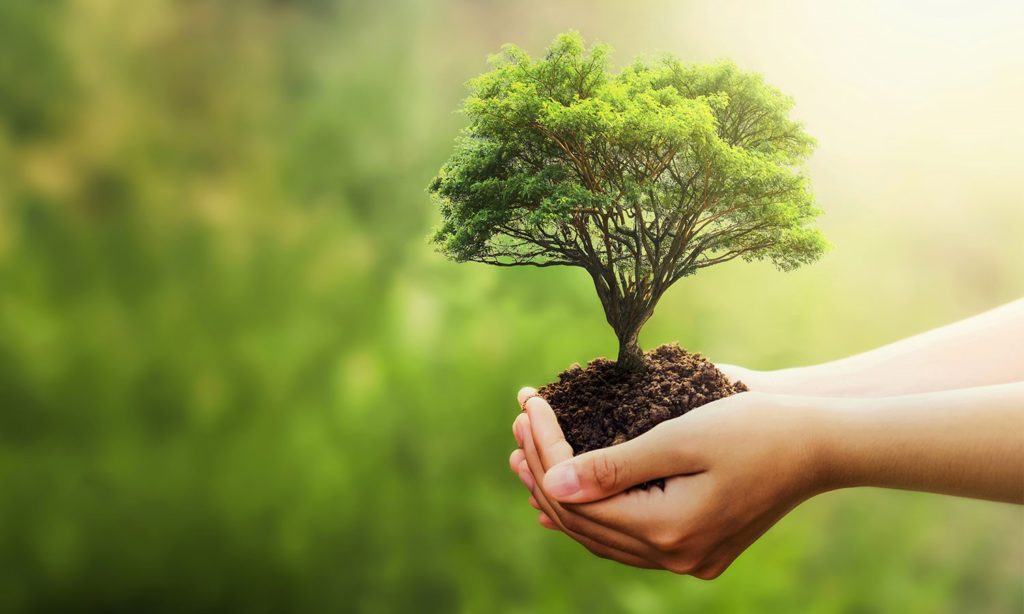On 22 April we celebrate International Earth Day, a date marked on the calendar to remember the need to move towards a more sustainable way of life, which benefits both people and the planet.
The year 2020 showed us that action on the environment is more urgent than ever. The pandemic and the lockdown of the population in much of the world slowed down industrial activity and mobility for a few weeks. As a result, the planet’s health experienced some improvements. Global CO2 emissions were down 5.8% compared to 2019. However, this fall was very different by region and, in some cases with the recovery in certain countries, global CO2 emissions in December were already 2% higher than twelve months earlier, according to data from the International Energy Agency.
The UN reminds us that the COVID-19 pandemic is a wake-up call from nature, and that the future of humanity depends on the health of the planet. That is why they advocate seizing the moment and making a change of course towards more sustainable lifestyles. In this context they have promoted the “Act now” campaign, with the aim of encouraging individual action on climate change and sustainability.
Its Secretary General, António Guterres, announced a few days ago that “2021 must be the year to change course and turn the world around”, thus making “a call for solidarity to better recover from COVID-19 and overcome other challenges facing humanity”.
“2021 must be the year to change course and turn the world around”
—António Guterres

Achieving a carbon-neutral energy model and an environmentally friendly way of life requires commitment, both individually and collectively.
In 2015, more than 200 Heads of State and Government met at the Summit on Sustainable Development, at which they adopted Agenda 2030. The 17 Sustainable Development Goals (SDG) are part of this agenda and represent an urgent call to action by all countries—developed and developing—to achieve a sustainable world by 2030. Today, the European commitment is clear: to achieve carbon neutrality by 2050.
The different governments – not only European – seem to have stepped on the gas, promoting policies that foster the development of biodiversity and renewable energies. Large corporations are also refocusing processes to minimise the impact of their activity, working on energy efficiency initiatives and developing products and services that serve as a boost to decarbonisation processes.
Achieving a carbon-neutral energy model and an environmentally friendly way of life requires commitment, both individually and collectively
In this sense, the Davos 2021 summit will be held in May, where the planet’s key leaders will face the search for solutions to the most urgent problems. The summit is being moved from Switzerland to Singapore as a result of the pandemic and is being held under the motto The Great Reset.
The meeting will address the global recovery from the COVID-19 pandemic, focusing this recovery on seven themes, one of which stands out: “How to save the planet”.
“The Earth is warming, ice is melting, sea levels are rising and plastic is threatening the oceans. We are losing species, accumulating greenhouse gases and we are running out of time”, the organisation says.
From Davos they are committed to sustainability applied to all areas of human activity: energy, food, clothing, travel, cities, etc. And they say that even if everything were 100% sustainable, there would still be work to do to repair the damage we have done. That’s why they ask themselves “Where should we start?”